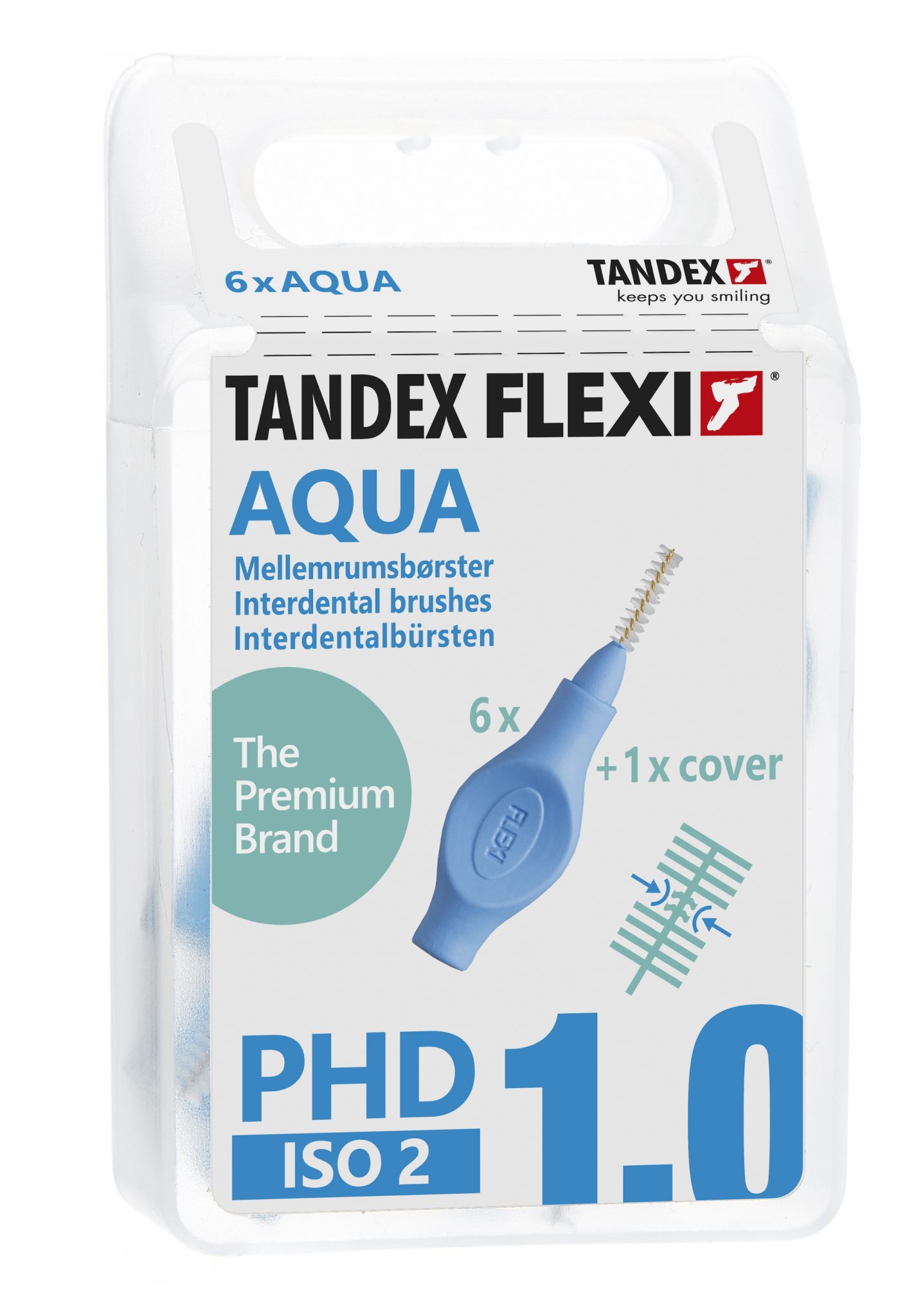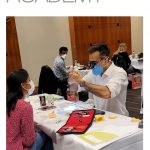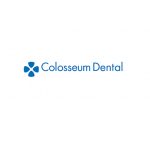Though dental practices have always prioritised the health and safety of staff and patients, this has become more involved than ever over the past year. Additional infection control measures have been introduced to the already meticulous protocols in place, to help minimise the spread of COVID-19. Given the increased transmissibility of the new viral strains identified and the possibility of asymptomatic infection, mass testing has become the next step in the fight to bring an end to the pandemic.
Asymptomatic concerns
While scientists try to better understand exactly how many people could be carrying COVID-19 asymptomatically, it seems that the number could be high – especially with the latest strains. Current estimates approximate that 17-20% of infected people show no symptoms,[i] though there are limitations to the data collection and interpretation methods available for evaluation.
Whilst further research is undertaken to better understand asymptomatic infections, the priority is to reduce the risk of transmission. Until now, this has focused predominantly on social distancing and the wearing of face masks for the general public, as well as various additional PPE and other steps taken in the dental setting. Except in a few specific circumstances, isolation has only been required of those with symptoms and/or a positive test.
However, being able to test for the virus, particularly in those without obvious symptoms affords clear benefits in preventing the spread of COVID-19. That’s where lateral flow testing comes in.
What are lateral flow tests?
Lateral flow testing is one of the latest solutions being used across the UK to identify COVID-19 in infected individuals – whether they show symptoms or not – and prevent the spread of the virus. The kits provide a quick and convenient method of testing, and they are being utilised by a wide range of institutions, health and education providers and businesses to help protect and prevent cross infection within the workforce students, clients and patients.
Lateral flow tests work by taking a swab sample from the nose and/or mouth of an individual. This is mixed with a buffer solution to release virus fragments on the swab. A small amount of this combined solution is dropped onto the lateral flow device. Any part of the solution containing virus fragments is drawn down onto an absorbent strip, which it then travels along. As the solution reaches a set of labelled antibodies – which recognise specific genetic patterns within the viral fragments – the virus binds to them and provides a visible marker. Non-viral particles are separated as they attach to a control band on the strip. A band of colour appears at the control zone to confirm that the test was successful. Should a band of colour also appear at the test zone, this provides a positive identification of the virus.[ii]
These tests work best when detecting higher levels of the virus, and although they will not catch every single case, they can significantly reduce the risk of viral transmission by helping to identify those people most likely to be unknowingly passing on the virus. When used correctly, regularly and consistently, this testing offers some peace of mind for key workers and those they come into contact with.
It is important to remember that lateral flow testing is not a substitute for any other safety measures. Social distancing and the appropriate PPE should continue to be implemented diligently by all.
Testing kit waste
Should you start to provide lateral flow testing in your practice, there are various factors to consider. The authenticity of the testing kits you purchase (beware fake products are readily available online), the protocol implemented for testing, and finally the training of individuals who will be administering the test and monitoring the process.
It is also important to think about how you will manage the disposal of the waste generated from the procedure. The Department of Health has deemed used lateral flow testing kits as chemical waste, which requires disposal by incineration. Businesses can place used kits into either clear, tiger or unmarked yellow waste bags, though many experts in the field would recommend clear bags in order to distinguish this waste stream from offensive or clinical waste generated in the dental practice.
 It is then important to find a service provider who can safely collect this waste and dispose of it correctly. There may be challenges faced in this area because so many waste disposal and treatment centres in the UK are already at capacity with the massive increase of PPE waste currently being received.
It is then important to find a service provider who can safely collect this waste and dispose of it correctly. There may be challenges faced in this area because so many waste disposal and treatment centres in the UK are already at capacity with the massive increase of PPE waste currently being received.
Initial Medical – as an expert in waste segregation and disposal – has been able to secure additional capacity in several disposal sites, ensuring that it can meet the growing demand for services. Initial Medical will even provide clear bags, as well as the internal containers and external wheelie bins where required, to support the safe and efficient segregation of waste and its onwards disposal.
Protection for all
The focus in the UK right now is to get transmission rates down and to protect as many people as possible while the vaccination programme is rolled out. Lateral flow testing is a potential tool in the fight against COVID-19, helping to stop the spread even among those who are asymptomatic. If introducing it to your practice, be sure to have all the right protocols and services in place to optimise the safety of all.
For further information please visit initial.co.uk/medical or Tel: 0870 850 4045
Author:
Rebecca Waters, Category Manager, Initial Medical
Rebecca has worked in the Healthcare sector for the past 17years and was a Research Chemist with Bayer Cropscience prior to joining Rentokil Initial in 2003. She keeps up to date on all developments within the clinical waste management industry and is an active member of the CIWM, SMDSA and BDIA.
-Ends-
About Initial Medical Waste Experts
Initial Medical is an expert in healthcare waste management, providing a complete collection, disposal and recycling service for hazardous and non-hazardous waste and offensive waste produced by businesses and organisations within the UK.
The safe management of healthcare waste is vital to ensure your activities are not a risk to human health. Initial Medical’s healthcare waste services ensure that all of your waste is stringently handled in compliance with legislation and in accordance with Safe Management of Healthcare Waste best practice guidelines, providing you with the peace of mind that you are adhering to current legislation.
For further information please visit www.initial.co.uk/medical or Tel: 0870 850 4045
Media enquiries:
For more information, please contact:
[i] Pollock AM, Lancaster J. Asymptomatic transmission of covid-19. 21 December 2020. BMJ. 2020;371:m4851 doi: https://doi.org/10.1136/bmj.m4851
[ii] Gov.uk. Lateral flow testing – new rapid tests to detect COVID-19. Public health matters. 8 December 2020. https://publichealthmatters.blog.gov.uk/2020/12/08/lateral-flow-testing-new-rapid-tests-to-detect-covid-19/ [Accessed January 2021]







 If the internet and social media are empowering patients to become consumers, there are also negatives to this, of course. Unrealistic expectations, especially if an individual has neglected their oral health for years, must be managed. This means a balance must be found between what they want and what we, using our knowledge and experience, believe they need or could achieve. The key to finding this balance is a collaboration between professional and patient and building honest, open relationships based on trust. It’s about listening carefully and helping them to appreciate the part they will need to play in their treatment’s maintenance. Effective daily hygiene practises and behaviours are essential, which they can learn to do with our support, and this is why good relationships will always lead to better clinical outcomes. Correct brushing and interdental cleaning techniques using quality tools – TANDEX has updated its packaging to help people find the right-size brush and interdental brush for them – is the foundation of oral health and this is where a professional’s input is crucial.
If the internet and social media are empowering patients to become consumers, there are also negatives to this, of course. Unrealistic expectations, especially if an individual has neglected their oral health for years, must be managed. This means a balance must be found between what they want and what we, using our knowledge and experience, believe they need or could achieve. The key to finding this balance is a collaboration between professional and patient and building honest, open relationships based on trust. It’s about listening carefully and helping them to appreciate the part they will need to play in their treatment’s maintenance. Effective daily hygiene practises and behaviours are essential, which they can learn to do with our support, and this is why good relationships will always lead to better clinical outcomes. Correct brushing and interdental cleaning techniques using quality tools – TANDEX has updated its packaging to help people find the right-size brush and interdental brush for them – is the foundation of oral health and this is where a professional’s input is crucial.






 Of course, flexible working is possible when you work in a locum capacity – you can better choose your own hours. You also benefit from experience in different dental clinics, with different teams and using various products or technologies. For some people, this variety can really enhance job satisfaction. However, potential disadvantages include unpredictable work availability, increased travel and very little job security should dental clinics need to streamline their processes or expenses.
Of course, flexible working is possible when you work in a locum capacity – you can better choose your own hours. You also benefit from experience in different dental clinics, with different teams and using various products or technologies. For some people, this variety can really enhance job satisfaction. However, potential disadvantages include unpredictable work availability, increased travel and very little job security should dental clinics need to streamline their processes or expenses.


